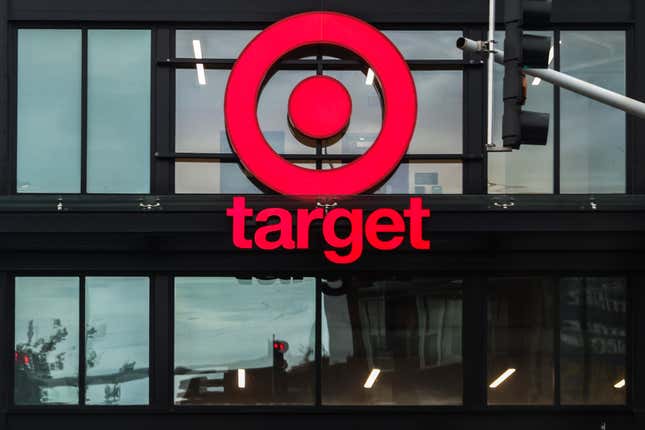
In This Story
Target wants to grow its wholesale business footprint by expanding on the private label Cat & Jack.
The partnership marks the company’s first wholesale deal. Over $30 billion in annual sales come just from Target’s private label brands.
Target plans to add items including shoes, swimwear, and outerwear to the children’s apparel line at its Hudson’s Bay location in Canada next year, it said in a statement on Monday.
Christina Hennington, Target’s chief growth officer, said that the retailer is building on the initiative after it found success with its March launch.
Target is exploring similar arrangements in other markets, including Europe and the Americas, Hennington added, noting that the U.S. remains the company’s first priority.
The strategy may be Target’s aim at getting back on track after a sales slump. In March, Target’s stock surged to its highest level in almost a year after investors cheered the company’s huge rise in profits that beat Wall Street expectations, while they shrugged off the retail giant’s first sales drop in years.
Target could be leading the way for retailers working with wholesalers to sell their brands. Often times, companies sell their own branded items as a cheaper alternative to name brand goods. Just last week, Walmart said it would be launching its own chef-inspired food line, Bettergoods.
The strategy might give Target a leg up on its competitors, something the brand has at times struggled with. In August 2023, Target was the center of customer backlash after releasing and later pulling an LGBTQ+ Pride collection.
Nonetheless, Target’s growth plans are well underway. In February, it launched a limited-time collection with fashion designer Diane Von Furstenberg. In March, executives said during the company’s earnings call the retailer planned to open 300 larger-scale stores over the next decade. During that same month, Target began selling the popular Stanley Cups. In April, it launched its new paid loyalty program, “Target Circle 360.”